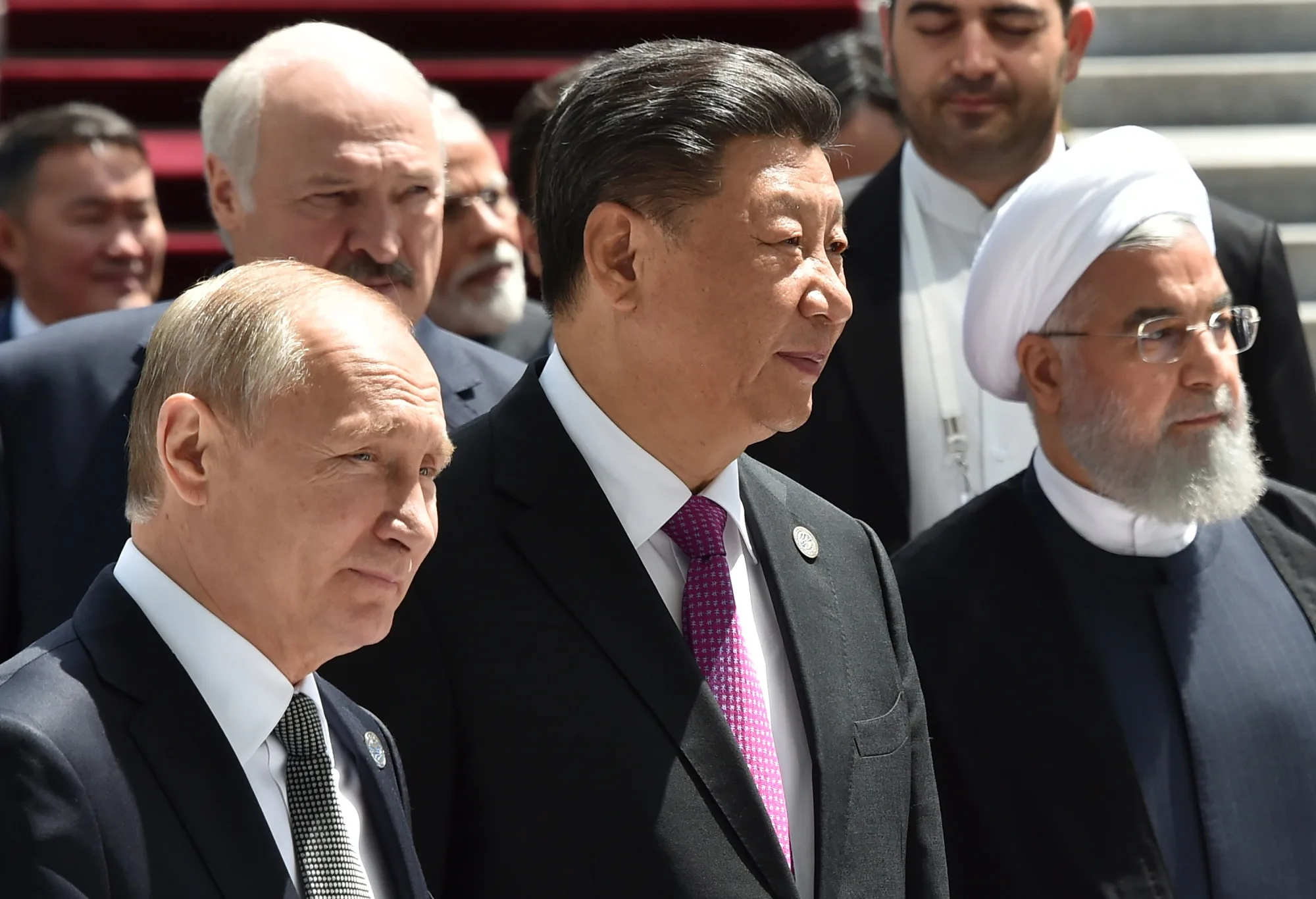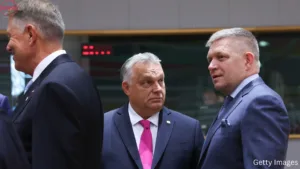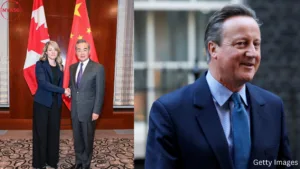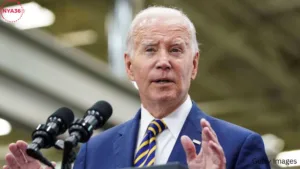Several significant events have occurred in the intricate world of international diplomacy and energy dynamics, given that Biden has warned of a potential threat from Iran and that OPEC may not be able to offer meaningful support. The United States’ request for a “pause” in relations with Iran has been jointly rejected by China and Russia. This move has important ramifications for the precarious balance of power in the Middle East and beyond.
Above all, Russia and China’s rejection of the US suspension represents a united front against US efforts to end relations with Iran. Their joint disobedience highlights their geopolitical concerns in the area and calls into question the efficacy of US diplomacy. As countries try to rebuild alliances and establish their power, it reflects the broader global realignment.
The situation is made more complicated by Biden’s strong warning to Iran. Iran is retaliating against perceived American aggression, and the warning made by the US President has heightened tensions in an already unstable region. The conflict is only made more intense by this combative language and posturing, which makes diplomatic solutions more and more unattainable.
OPEC’s unwillingness to step in further complicates the geopolitical environment. Although OPEC has historically been essential in keeping the oil markets stable, its unwillingness to confront the current issue suggests that it is becoming less and less like the organization of the past. This change increases supply disruption risk for the oil markets, raising concerns about the state of the world economy.
The degree of uncertainty on the world’s financial markets is rising as these occurrences take place. Economic fragility is increased by Russia’s decision to attack US foreign exchange reserves. These economic actions could put pressure on global markets and affect the US dollar’s value.
In conclusion, increased global tensions are a result of OPEC’s reluctance to engage, Biden’s hard attitude on Iran, China and Russia’s rejection of the US pause, and Russia’s targeting of US foreign exchange reserves. The international economy, energy markets, and diplomacy are all significantly impacted by these developments. It is still very difficult to find a peaceful conclusion in this complicated geopolitical environment.
600 words are paraphrased.
Follow us on social media: Instagram, Threads & Twitter X @nya360_ YouTube & Facebook @nya360.





